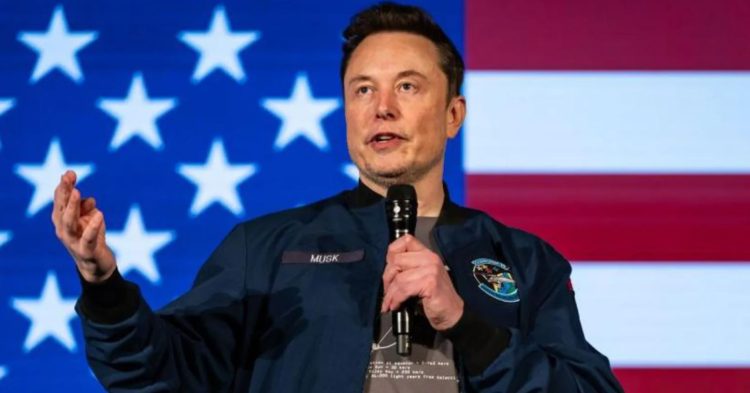Musk’s potential involvement in acquiring TikTok’s U.S. operations represents a complex mix of legal, financial, and political considerations. As Chinese officials and U.S. lawmakers navigate this situation, the future of TikTok remains uncertain amidst broader concerns over national security and geopolitical tensions.
Implications for U.S. National Security
The national security concerns surrounding TikTok are complex and have sparked widespread debate among lawmakers, cybersecurity experts, and the public. One of the primary issues is data privacy. TikTok collects vast amounts of user information, including personal data and usage patterns. Critics argue that, under Chinese laws, this data could be accessed by the Chinese government, raising fears of surveillance and privacy violations for the 170 million Americans who use the app. Experts warn that such sensitive information could be exploited for malicious purposes, such as identity theft or cyberattacks.
There are also concerns about TikTok being used as a tool for influence operations. Critics suggest that the platform’s algorithm could be manipulated to spread misinformation or propaganda, potentially swaying public opinion and undermining democratic processes. Additionally, the vast amount of video and audio data generated on TikTok could be used to train deepfake technologies, enabling the creation of convincing fake videos that could mislead the public or distort narratives.
From a cybersecurity perspective, TikTok poses risks such as malware injection, which could compromise user devices and networks. Its interactive features also make it vulnerable to social engineering attacks, where malicious actors trick users into downloading harmful software.
Impact on U.S.-China Relations
The potential ban or forced sale of TikTok carries significant implications for U.S.-China relations, reflecting deeper tensions in technology, trade, and national security. This situation highlights the growing competition between the two nations in the tech sector. The U.S. government’s push to address national security concerns by requiring TikTok’s divestiture or banning the app altogether is seen as part of a broader strategy to limit China’s influence in global technology markets. This move could set a precedent for future actions against other Chinese tech companies operating in the U.S., potentially escalating the rivalry. In response, China has warned that such actions could provoke retaliation, such as restricting U.S. businesses in China, further straining trade relations.
Economically, the outcome of TikTok’s situation could reshape the global technology landscape. A ban or sale might deepen the divide between Chinese and Western technology ecosystems, reducing opportunities for international collaboration and innovation. It could also influence how other nations handle foreign-owned tech platforms, setting new norms around data privacy, cybersecurity, and digital sovereignty. The U.S.’s firm stance may encourage other countries to take similar actions against foreign companies they view as potential threats.
Domestically, the TikTok issue has united lawmakers from both sides of the aisle, reflecting a shared concern over national security and data privacy. This bipartisan consensus could lead to stricter regulations on foreign tech companies, further complicating relations with China. At the same time, TikTok’s legal challenges against U.S. legislation, including claims that a ban violates First Amendment rights, could prolong the conflict and add complexity to diplomatic negotiations.
TikTok’s fate has far-reaching implications that go beyond its platform, shaping global technology governance and influencing U.S.-China relations for years to come. How both nations handle this situation will likely affect their economic strategies and geopolitical dynamics on a global scale.
Take Away Message
Elon Musk’s potential acquisition of TikTok’s U.S. operations presents a complex scenario with significant implications for national security, foreign relations, and the tech industry. While it could mitigate some security concerns, it also raises questions that would require careful consideration by all stakeholders involved.










COMMENTS